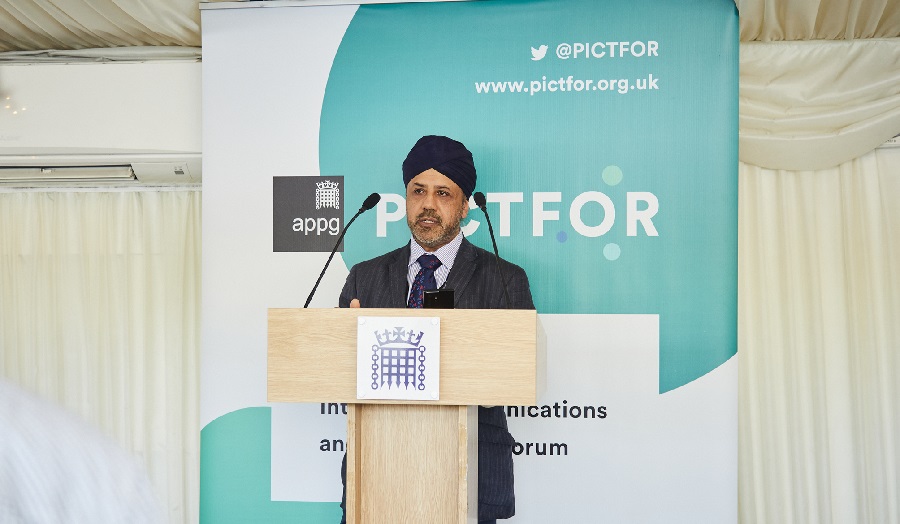Why study this course?
Our Computer Networking and Cloud Security (including foundation year) BEng (Hons) degree has a built-in foundation year which will expose you to the importance of network security, the range of threats to network infrastructure, how these threats work, what vulnerabilities exist in the protocols, possible threats and mitigations to those attacks.
You'll learn about the concepts of computer networking cloud security, developing your technical expertise and opening up career opportunities for you in the the computer networking and cyber security industry.
More about this course
In your foundation year you’ll gain skills across a variety of subjects including cyber security, logic and problem solving, communications engineering, programming and mathematics. These key skills will ensure you are fully prepared for the following three years of your course. This course shares a foundation year with a number of other foundation year degrees in our School of Computing and Digital Media, so your foundation year is a great opportunity to study with other students who are interested in a variety of different specialisms.
You’ll benefit from our impressive computer laboratories. London Met is home to the UK’s first-ever Cisco Networking Academy and this course incorporates the complete set of CCNA and Palo Alto modules, meaning that you’ll graduate with additional Cisco and Palo Alto Academy certifications that are highly sought-after in the industry.
You'll graduate with a full undergraduate degree with the same title and award as those who studied the traditional three-year course.
Following your foundation year, you will study the same course content and get the same choice of modules as those who study our Computer Networking and Cloud Security BSc (Hons) degree.
You can get a taste for life at our School of Computing and Digital Media by taking a look at our showcase of recent student work.
Assessment
Throughout the course you will be assessed through case studies, research assignments, laboratory-based exams, case studies and a final engineering project or dissertation.
Fees and key information
Apply nowEntry requirements
In addition to the University's standard entry requirements, you should have:
- at least one A level (or a minimum of 32 UCAS points from an equivalent Level 3 qualification, eg BTEC Subsidiary/National/BTEC Extended Diploma)
- English Language and Mathematics GCSE at grade C/grade 4 or above (or equivalent eg Functional Skills at Level 2)
If you meet the UCAS points criteria but obtained a D/3 in English and/or Maths at GCSE, you may be offered a University test in these areas.
Accreditation of Prior Learning
Any university-level qualifications or relevant experience you gain prior to starting university could count towards your course at London Met. Find out more about applying for Accreditation of Prior Learning (APL).
English language requirements
To study a degree at London Met, you must be able to demonstrate proficiency in the English language. If you require a Student visa (previously Tier 4) you may need to provide the results of a Secure English Language Test (SELT) such as Academic IELTS. This course requires you to meet our standard requirements.
If you need (or wish) to improve your English before starting your degree, the University offers a Pre-sessional Academic English course to help you build your confidence and reach the level of English you require.
Modular structure
Example Year 0 modules include:
- Cyber Security Fundamentals
- Introduction to Robotics and Internet of Things
- Mathematics
- Programming
Example Year 1 modules include:
- Communications Engineering
- Computer Hardware and Software Architecture
- Electronics Systems
- Networking Concepts (CCNA 1 and 2)
Example Year 2 modules include:
- Mobile Communications Systems
- Microprocessors & Embedded Systems
- Network Operating Systems
- Enterprise Network and Security
- Work Related Learning
Example Year 3 modules include:
- Network Security 1 (CISCO)
- Network Security 2 (CISCO
- Project
- Next Gen Firewalls for Network and Cloud Security (Palo Alto)
- Cyber Security Operations (CCNA Cisco Cyber Ops)
- Wireless Networks (Cisco)
- Ethical Hacking
- IoT Systems and Security
Where this course can take you
Several computing career paths will be available to you upon graduating from this degree. You could find employment in computer programming, computer engineering, administration or systems analysis among many others.
You could also choose to pursue postgraduate study to raise your earning potential and expand your career options.
What is a degree with foundation year?
This is a four-year degree course with a built-in foundation year (Year 0). It's the perfect route into university if you can't meet the necessary entry requirements or don't have the traditional qualifications required to start a standard undergraduate degree. You'll graduate with a full undergraduate degree with the same title and award as those who studied the traditional three-year course.
Additional costs
Please note, in addition to the tuition fee there may be additional costs for things like equipment, materials, printing, textbooks, trips or professional body fees.
Additionally, there may be other activities that are not formally part of your course and not required to complete your course, but which you may find helpful (for example, optional field trips). The costs of these are additional to your tuition fee and the fees set out above and will be notified when the activity is being arranged.
Discover Uni – key statistics about this course
Discover Uni is an official source of information about university and college courses across the UK. The widget below draws data from the corresponding course on the Discover Uni website, which is compiled from national surveys and data collected from universities and colleges. If a course is taught both full-time and part-time, information for each mode of study will be displayed here.
How to apply
If you're a UK applicant wanting to study full-time starting in September, you must apply via UCAS unless otherwise specified. If you're an international applicant wanting to study full-time, you can choose to apply via UCAS or directly to the University.
If you're applying for part-time study, you should apply directly to the University. If you require a Student visa, please be aware that you will not be able to study as a part-time student at undergraduate level.
When to apply
The University and Colleges Admissions Service (UCAS) accepts applications for full-time courses starting in September one year before the start of the course.
Our UCAS institution code is L68.
Visit UCAS for more details.
To find out when teaching for this degree will begin, as well as welcome week and any induction activities, view our academic term dates.














.jpg)
.jpg)
